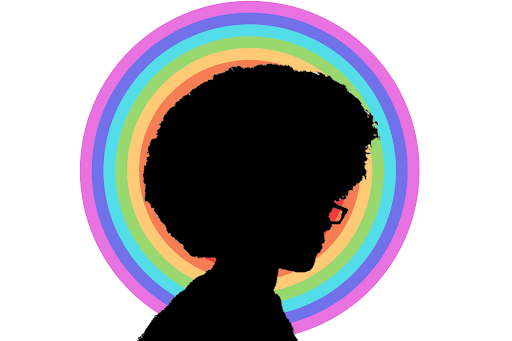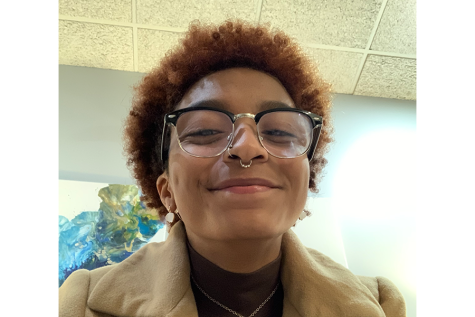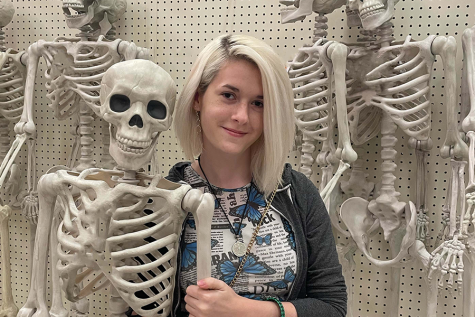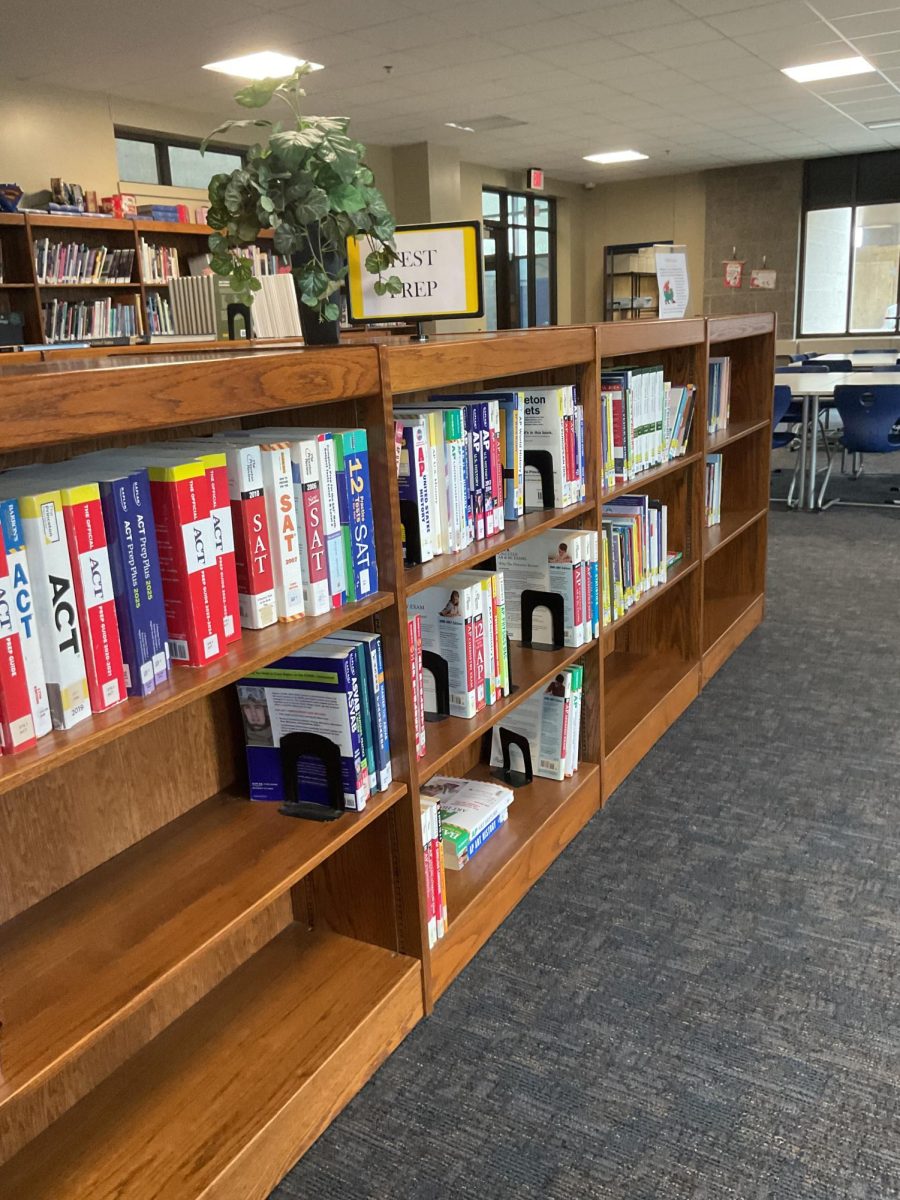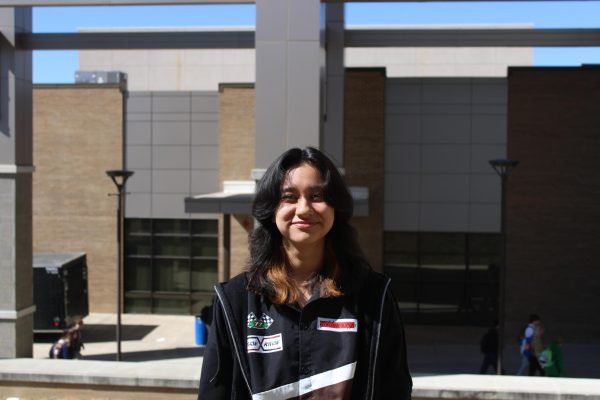See Through Our Eyes
What it’s like to be a LGBTQ+ POC at Bryant High.
May 12, 2022
When thinking of queer or LGBTQ+ individuals on campus, most people get a certain image in their minds: A drama or theater kid or a masculine woman basketball player. These stereotypes or images combined with racial stereotypes already faced day to day by people of color (POC) can become overwhelming. Being a POC on a predominantly white campus is hard enough as it is but when people don’t fit the mold of what others see as traditionally black, brown, or other, they become an outcast.
Junior Lani Cole has been doing their hair since they were younger. Cole said, “Well, I remember in the 8th grade when this white guy was like ‘Nice afro’ and squeezed my hair. He squeezed it like I was a petting zoo. I am not a petting zoo for a person.”
Hair is a big part of the problem when it comes to micro-aggressive comments and actions.
“Last year when I straightened my hair for the first time, people were like ‘Your hair is so [much] cuter when it’s straight,’ and that made me so mad because my hair is cute when it’s like natural—just because it’s straight doesn’t mean it’s better than being natural,” Cole said.
This is just one experience of many that most POC have had due to their outward appearance not matching what people are used to. With this in mind, there are many incidents where the same stereotypes are applied when it comes to queer POC by other POC or white students.
“To me I feel like people have this standard of what a non-binary person looks like with short hair, a buzzcut, [or] dyed hair and my hair can’t really do that,” Cole said. “It’s like a certain image that comes to your head for a non-binary person or a genderfluid person.”
These depictions can make it harder for people to believe others when they come forward about their sexuality.
“ I’ve been in relationships with girls and people are like ‘oh you don’t actually like them, you’re doing it for attention,’” Prince said. “I get that all the time because I dress feminine and so on and so forth. I think it happens to everybody but there is a stricter view on it when it comes to black people and POC.”
Teachers are a main resource for student based activism on campus as well as our other administrators. Yet, many students take matters into their own hands without truly successful outcomes.
“You can say you’re uncomfortable and schools will be like ‘oh, I’m sorry to hear that,’ they’re not gonna do [anything] about it—you know everything costs money, if you do want to have this advocacy for this kind of stuff it costs money. Schools are more focused on football and sports with their funding so it’s hard for them to care about stuff like that,” said Prince.
From a student’s perspective, when being told a place is “safe”, they wish to believe that. However, for many, they feel it’s the exact opposite.
“I haven’t really seen any staff members step into anything,” Cole said. “They’re always like, ‘well this is a safe haven. I don’t feel safe at school. I’m scared to come to school some days.”
Students have become scared to talk to their teachers about the statements made towards them. They would much rather stick to what they feel is best for their safety and their own mental health.
“I only hang out with black people. That’s who I feel safe with. Because [with] people of color there’s still racism between those relationships, I think that’s something people don’t understand as well,” Prince said. “[…] Oh my god. We’re in Bryant, Arkansas, we’re in the south […] I’ve had situations where I do not feel safe. It’s not an assumption, I’ve been through it. It’s not exclusion, it’s a safety protocol.”
Some students don’t go to their teachers because their teachers are a part of the problem. Junior Destiny Mbuthia was faced with a situation where her teacher disregarded a student who was bullied. The teacher then allegedly wrote the victim up for standing up for himself and yelling at the bully in question.
Regardless of all the challenges faced on campus, Bryant’s LGBTQ+ POC students continue to fight on by being their authentic selves without being apologetic.
Mbuthia said, “Being gay is like being straight, it should be normal… it doesn’t matter and it shouldn’t [have to constantly] apply to who I am.”


